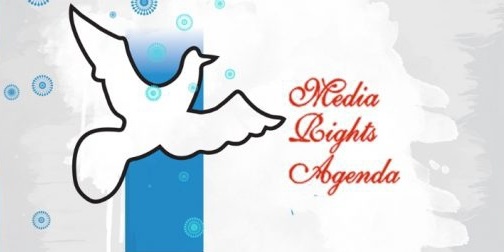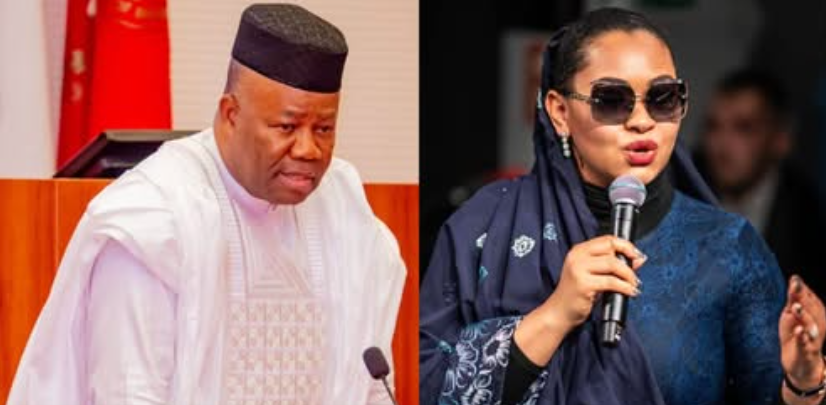
MRA Calls for Stronger Legal and Institutional Protections for Whistleblowers in Nigeria
Media Rights Agenda (MRA) has called on the Federal Government to take urgent and concrete steps to strengthen legal and institutional protections for whistleblowers in recognition of their critical role in exposing corruption, human rights abuses and other wrongdoing, describing them as a cornerstone of transparency, accountability, and good governance. In a statement issued today in Lagos to mark this year’s World Whistleblowers’ Day, MRA stressed that whistleblowers serve the public interest by courageously disclosing information that would otherwise remain hidden, often at great personal risk, noting that in Nigeria, they continue to operate in a climate of fear, retaliation, and legal uncertainty, which deters many others from coming forward with information about wrongdoing. Ms Ayomide Eweje, a Programme Officer at MRA, said in the statement: “We note that the current whistleblower protection framework in Nigeria remains weak, fragmented, and largely ineffective. The Federal Government continues to threaten whistleblowers with prosecution despite the whistleblower protection provisions in Section 27(2) of the Freedom of Information Act. Besides, the Whistleblower Policy adopted by the Government in 2016 was not designed to provide protection for persons who risk everything to expose corruption, misconduct, human rights violations, threat to public safety, or other wrongdoing, but is merely aimed at assisting the government to recover looted public funds.” According to her, the absence of a comprehensive legal framework for the protection of whistleblowers has left them vulnerable to threats, harassment, job losses, and physical harm, adding that successive governments in Nigeria have failed to acknowledge the immense value that whistleblower bring to the society and the important role that they play in combating corruption, and ensuring transparency and accountability. Ms Eweje argued that whistleblowers are often motivated by a patriotic duty and a commitment to the greater good, noting that “whistleblowers are the eyes and ears of our society; they step forward so that the rest of us can see and act. When whistleblowers speak up, everyone benefits; public funds are better managed, there is more efficient delivery of public services, trust in institutions grows, and we have better governance. Yet without reliable channels to report wrongdoing, we risk enabling critical information about wrongdoing to stay hidden.” She lamented that despite the essential role that such courageous individuals play in ensuring that powerful actors in the society are held accountable, they continue to face harassment and intimidation, legal hurdles, retaliation instead of protection, sometimes paying for their selfless acts with their lives or liberty. Ms Eweje therefore urged the National Assembly to prioritize the passage of a robust whistleblower protection legislation that guarantees confidentiality in reporting in appropriate cases, shields whistleblowers from reprisals, and establishes secure reporting channels while also establishing an independent whistleblower protection agency with the mandate to investigate reprisals, support whistleblowers, and enforce sanctions against those who retaliate against them. She highlighted the importance of public education and awareness in fostering a culture that values and protects whistleblowing and called on civil society organisations, the media, and professional bodies to work collaboratively to de-stigmatise whistleblowing and ensure that those who speak out are not isolated or vilified. Ms Eweje said: “On this World Whistleblowers Day, we stand in solidarity with whistleblowers in Nigeria and around the world who have paid a high price for speaking out, particularly against powerful individuals in society. We reaffirm our commitment to advocating for their rights and working towards a society where exposing wrongdoing is not only protected but also celebrated as a courageous act of public service.” The theme of the 2025 World Whistleblowers’ Day is “Protecting the Truth-Tellers”, and the Day focuses on raising awareness about whistleblowing, combating corruption, and encouraging a positive culture of speaking up within organisations. This year’s campaign, “we’re all ears,” seeks to highlight the importance of whistleblowing and support those who speak up against wrongdoing.

